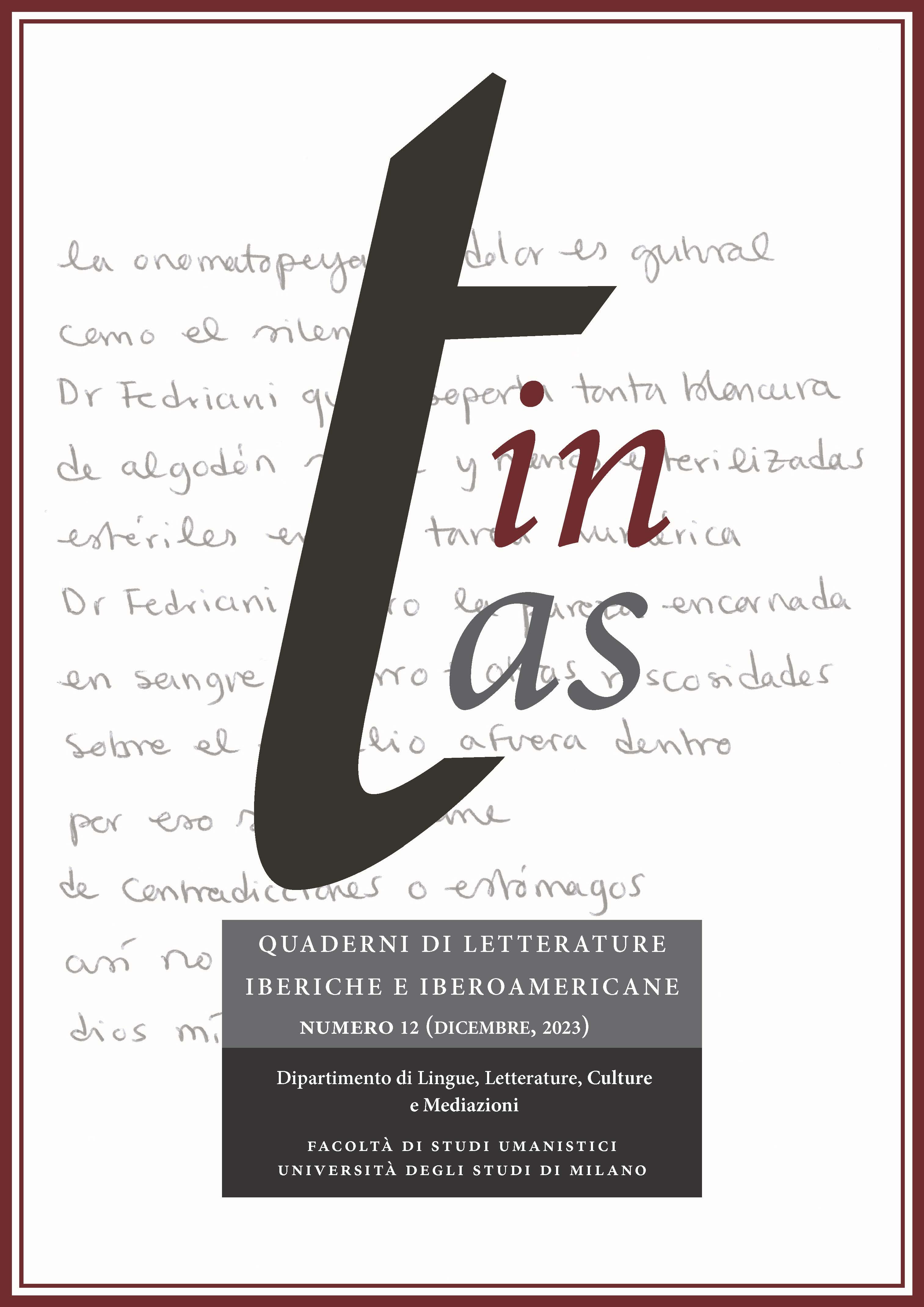El espacio urbano de Valpore y su policrisis
DOI:
https://doi.org/10.54103/2240-5437/22415Palavras-chave:
Cristóbal Gaete; "Valpore"; exclusión social; violencia; espacio urbano; policrisis, narrativa chilenaResumo
El ensayo proporciona una reflexión sobre las policrisis actuales centradas en el espacio urbano, a partir del análisis de Valpore del escritor chileno Cristóbal Gaete. La novela ficcionaliza la ciudad de Valparaíso mediante una propuesta narrativa que radicaliza sus históricas asociaciones a la marginalidad, el desenfreno y la catástrofe. Llevando estos imaginarios al extremo, Valpore desarrolla una poética de la destrucción con la que se acusa el fracaso del modelo turístico-patrimonial de la ciudad como el principal promotor de la exclusión social y de la violencia descontrolada de Valparaíso. La novela se sirve de una estética destructiva para trastocar los valores que cimientan el sentido común, poniendo en evidencia la necesidad de repensar el conjunto de creencias con el que intentamos modificar sin éxito los problemas actuales. Las conclusiones del ensayo llaman la atención sobre las posibles alternativas al estado catastrófico de Valparaíso que pueden ser entrevistas en la novela. Una de ellas es la de suspender el imperativo práctico de tener que actuar para intentar resolver las policrisis. En su lugar, se propone la detención, el no hacer nada, el sentarse a esperar como lo hace el narrador protagonista hacia el final de la novela, como una manera de hacer emerger lo impensado, lo radicalmente otro, para empezar a imaginar un futuro realmente diferente.
Downloads
Downloads
Publicado
Versões
- 2024-02-08 (3)
- 2024-02-08 (2)
- 2024-02-08 (1)



